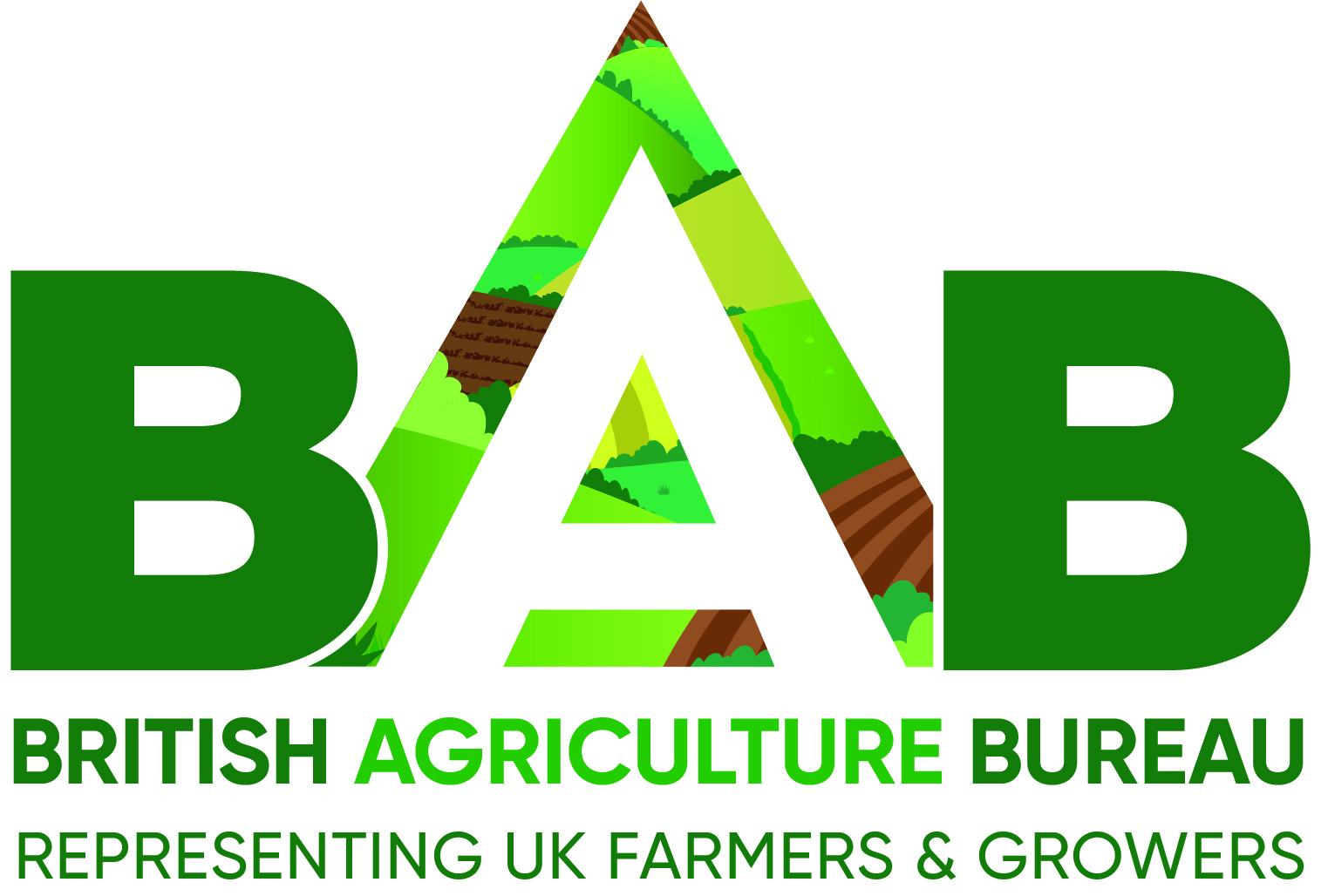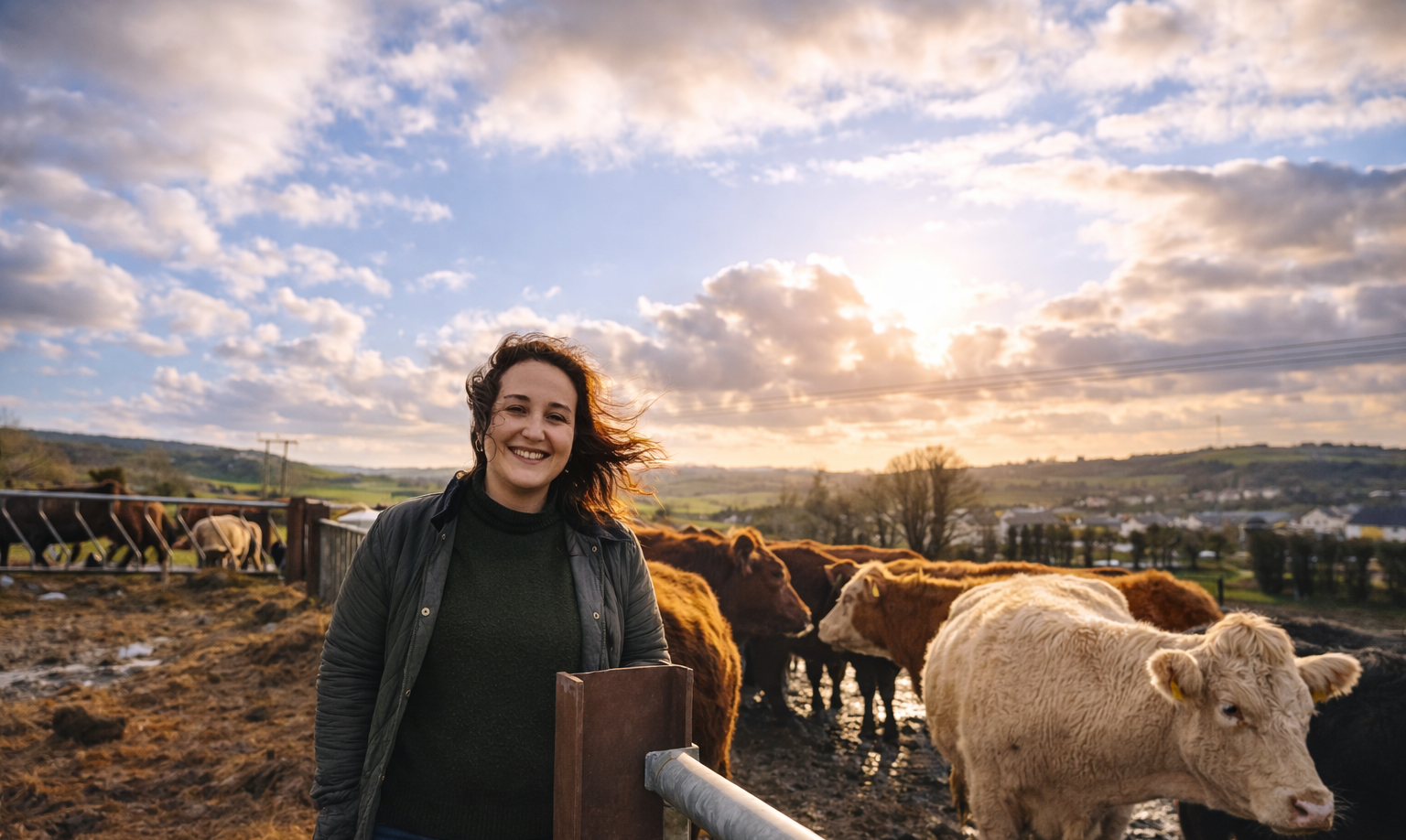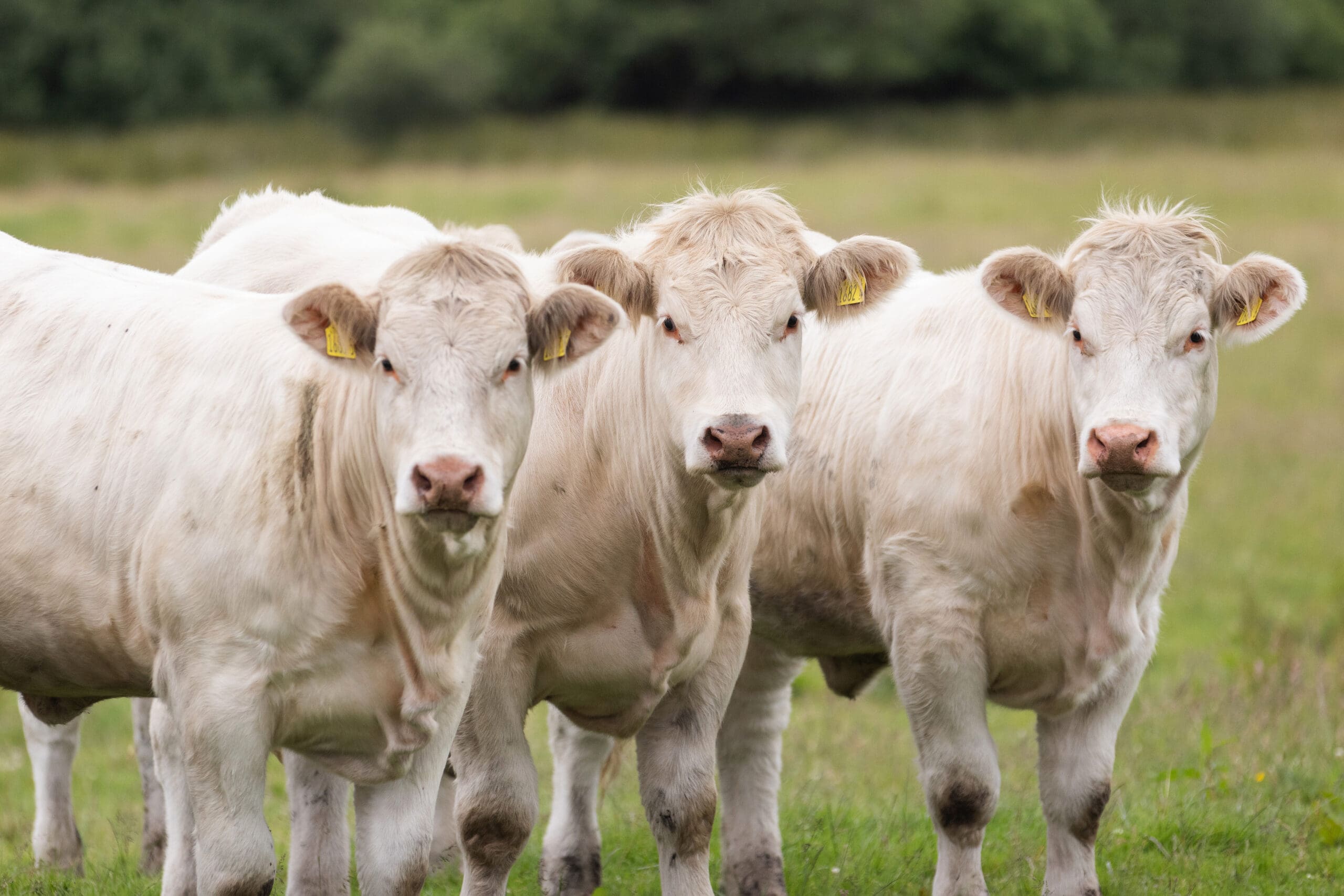
Belgium takes over the EU Presidency
Belgium has taken over the rotating Presidency of the EU from 1 January 2024. The Presidency’s program states that the “costs, benefits and risks associated with the transition to a sustainable food system must be shared equally throughout the food chain. This should ensure that farmers and fishers are partners in the sustainability transition, are fairly compensated for their efforts and are accorded proper social recognition”. The Presidency programme also states that Belgium will continue the ongoing discussions on new genomic techniques (NGT); the pesticide reduction law (SUR); the rules for the production and marketing of plant reproductive material (PRM); and animal welfare in transport standards, while launching the discussion on the next Common Agricultural Policy (CAP). Animal health, in particular the rollout of vaccines, is also expected to receive due attention.
EU Agri-Food Trade Surplus grows by 18% in 12 months
The European Commission has published its latest monthly agri-food trade report. It shows that the EU agri-food trade surplus reached €6.7 billion in September 2023, marking a 18% increase compared to September 2022. The cumulative trade balance from January to September 2023 reached €51 billion, which is €8.5 billion higher compared to the same period in 2022.
The UK, the US and China retained their positions as the top three destinations for EU agri-food exports between January and September 2023. In terms of imports, reductions in imported products were recorded in oilseeds and protein crops as well as vegetable oils, attributed to decreases in both prices and volumes. Import decreases in 2023 were notable from Brazil, Argentina, Australia, China, and Indonesia.
German government backtracks on tax hikes for farmers following protests
Germany’s coalition government has partly backed down on a proposal to cut fuel and vehicle subsidies in order to help tackle the country’s budget crisis. The proposals would have seen a cut of around €900 million in agricultural fuel and vehicle subsidies. Following extensive protests, the German government has proposed to gradually phase out the €420 million agricultural diesel subsidy over a three-year period (with a 40% reduction this year and 30% in both 2025 and 2026), whilst maintaining the €485 million vehicle tax exemption. German farming union, DBV, is calling for the proposals for both cuts to be taken off the table. A week of flash actions by German farmers started this week.
Nutri-score introduced in the Netherlands
The Netherlands is the latest EU country to introduce Nutri-score – the front-of-pack nutrition label which ranks the nutritional value of foods from A to E. The Dutch Government believes that the system will help consumers make better nutritional choices. The label is already being used in France, Germany, Belgium and Spain. However, Nutri-score is opposed by other Member States, including Italy, who argue the system is detrimental to traditional Mediterranean products such as olive oil and cheese. It was expected that the Commission would propose legislation on nutrition labelling in 2023, but proposals will now be delayed until after the EU elections.
Ukraine
The Commission is considering extending the temporary measures suspending all import duties on Ukrainian goods until June 2025, despite opposition from Agriculture Commissioner Wojciechowski. Wojciechowski argues that continued trade liberalisation would benefit Russia by helping Moscow displace Ukraine’s exports, away from regions like Africa towards the EU, potentially causing destabilising effects. He emphasised that the priority should be to help divert exports away from EU countries. However, it is believed that he is isolated in the Commission.
Bluetongue cases continue across Northern Europe
Cases of BTV-3 are continuing to be reported in the Netherlands and Germany. The Netherlands has reported 5,996 across sheep and bovines. However, the actual number of cases is likely to be much higher. According to the Dutch government, 5% of the sheep population has been lost, along with 0.2% of bovines in the country. Discussions are understood to be ongoing with vaccine manufacturers and industry stakeholders to promote and urge the swift development of a vaccine. Meanwhile, 28 cases have been reported in Germany, mainly in the west of the country.




